Wild Things
The weird and wonderful in the natural world
Sign up for our newsletter
We summarize the week's scientific breakthroughs every Thursday.
-
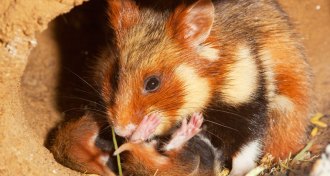 Animals
AnimalsA diet of corn turns wild hamsters into cannibals
Female European hamsters fed a diet of corn eat their young — alive. They may be suffering from something similar to the human disease pellagra.
-
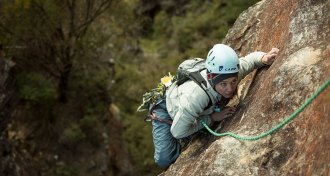 Life
LifeA message to rock climbers: Be kind to nature
Scientists are only just starting to figure out the impacts that the sport of rock climbing is having on cliff ecosystems.
-
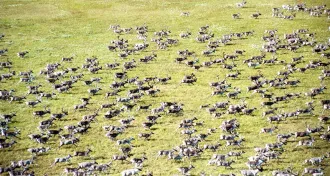 Animals
AnimalsWorld’s largest reindeer population may fall victim to climate change
Climate change and wolves are driving down the reindeer population in Russia’s Taimyr population.
-
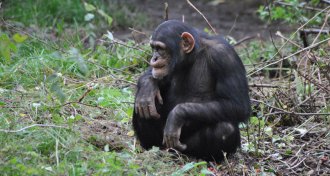 Animals
AnimalsChimps look at behinds the way we look at faces
Humans demonstrate something called the inversion effect when gazing at faces. Chimpanzees do this too — when looking at other chimps’ butts.
-
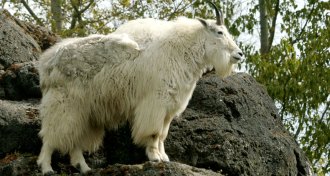 Animals
AnimalsWhy a mountain goat is a better climber than you
For the first time, scientists have analyzed how a mountain goat climbs a cliff. Big muscles in the shoulder and neck help a lot, they find.
-
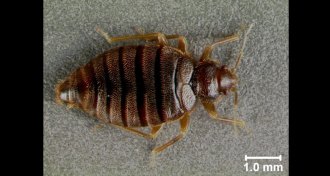 Animals
AnimalsNow there are two bedbug species in the United States
The tropical bedbug hadn’t been seen in Florida for decades. Now scientists have confirmed it has either resurfaced or returned.
-
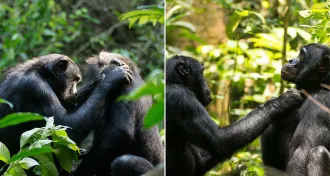 Animals
AnimalsOld bonobos have bad eyesight — just like us
As bonobos age, they lose their ability to see things close up, a new study suggests.
-
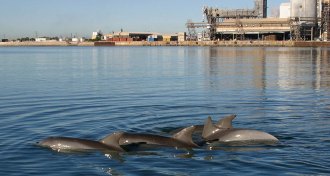 Life
LifeCity dolphins get a boost from better protection and cleaner waters
Bottlenose dolphins near Adelaide, Australia, are slowly growing in number due to better environmental conditions and better protection.
-
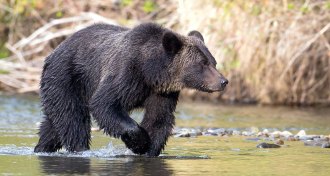 Animals
AnimalsWith climate change, grizzly bears may hibernate less
New research shows that food availability and weather are driving when grizzly bears enter and exit their dens for hibernation.
-
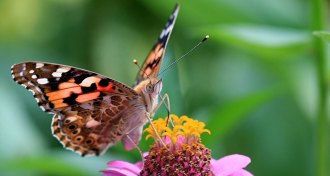 Animals
AnimalsPainted lady butterflies’ migration may take them across the Sahara
The migratory patterns of painted lady butterflies are largely unknown. Now scientists have found evidence that some may migrate across the Sahara.
-
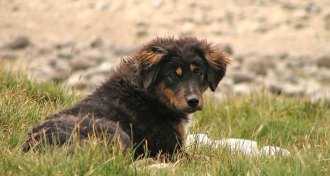 Animals
AnimalsNature has a dog problem
Free-roaming dogs spread disease, kill wildlife by the thousands and have even caused extinctions. But their full effect on the environment has been little studied.
-
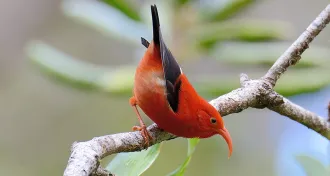 Animals
AnimalsKauai’s native forest birds are headed toward extinction
Kauai’s honeycreepers are losing their last refuges from mosquito-borne diseases that are spreading due to climate change. Some could become extinct within a decade.